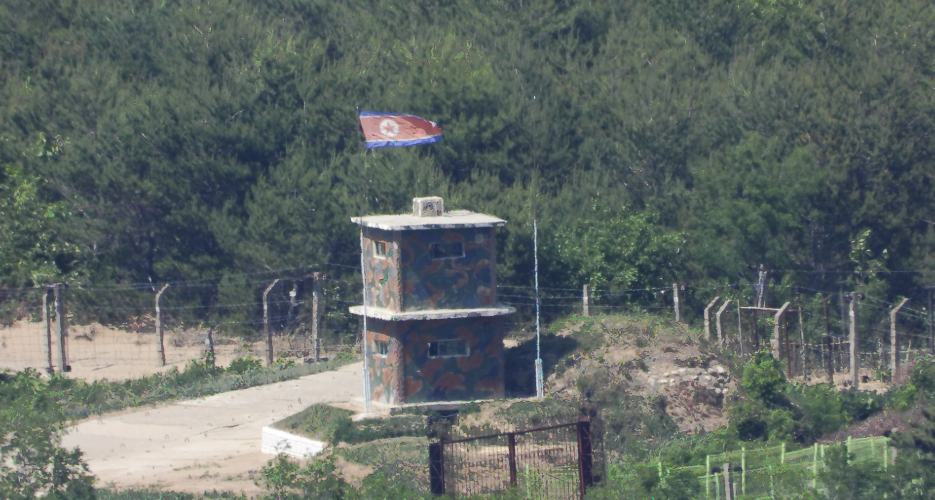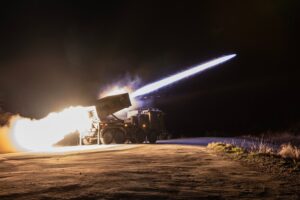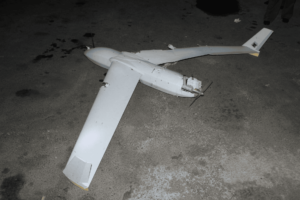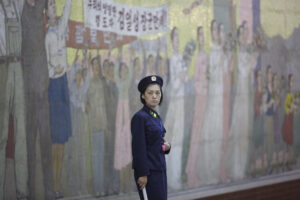For North Koreans compelled to leave their homeland, crossing the border into China has long been the most popular option. The rivers separating the two countries freeze over in winter, and border security has traditionally been thin, with guards on both sides willing to look the other way for the right price.
But this situation has changed in the last few years: Chinese and DPRK authorities have ramped up border security; introduced additional razor-wire fencing; and installed more CCTV, night vision and movement sensor posts. COVID-19 controls, including North Korea’s shoot-on-sight mandate and border area movement ban, have made it both more difficult and more dangerous to defect.
For North Koreans compelled to leave their homeland, crossing the border into China has long been the most popular option. The rivers separating the two countries freeze over in winter, and border security has traditionally been thin, with guards on both sides willing to look the other way for the right price.
But this situation has changed in the last few years: Chinese and DPRK authorities have ramped up border security; introduced additional razor-wire fencing; and installed more CCTV, night vision and movement sensor posts. COVID-19 controls, including North Korea’s shoot-on-sight mandate and border area movement ban, have made it both more difficult and more dangerous to defect.
Try unlimited access
Only $1 for four weeks
-
Unlimited access to all of NK News: reporting, investigations, analysis
-
Year-one discount if you continue past $1 trial period
-
The NK News Daily Update, an email newsletter to keep you in the loop
-
Searchable archive of all content, photo galleries, special columns
-
Contact NK News reporters with tips or requests for reporting
Get unlimited access to all NK News content, including original reporting, investigations, and analyses by our team of DPRK experts.
Subscribe
now
All major cards accepted. No commitments – you can cancel any time.










